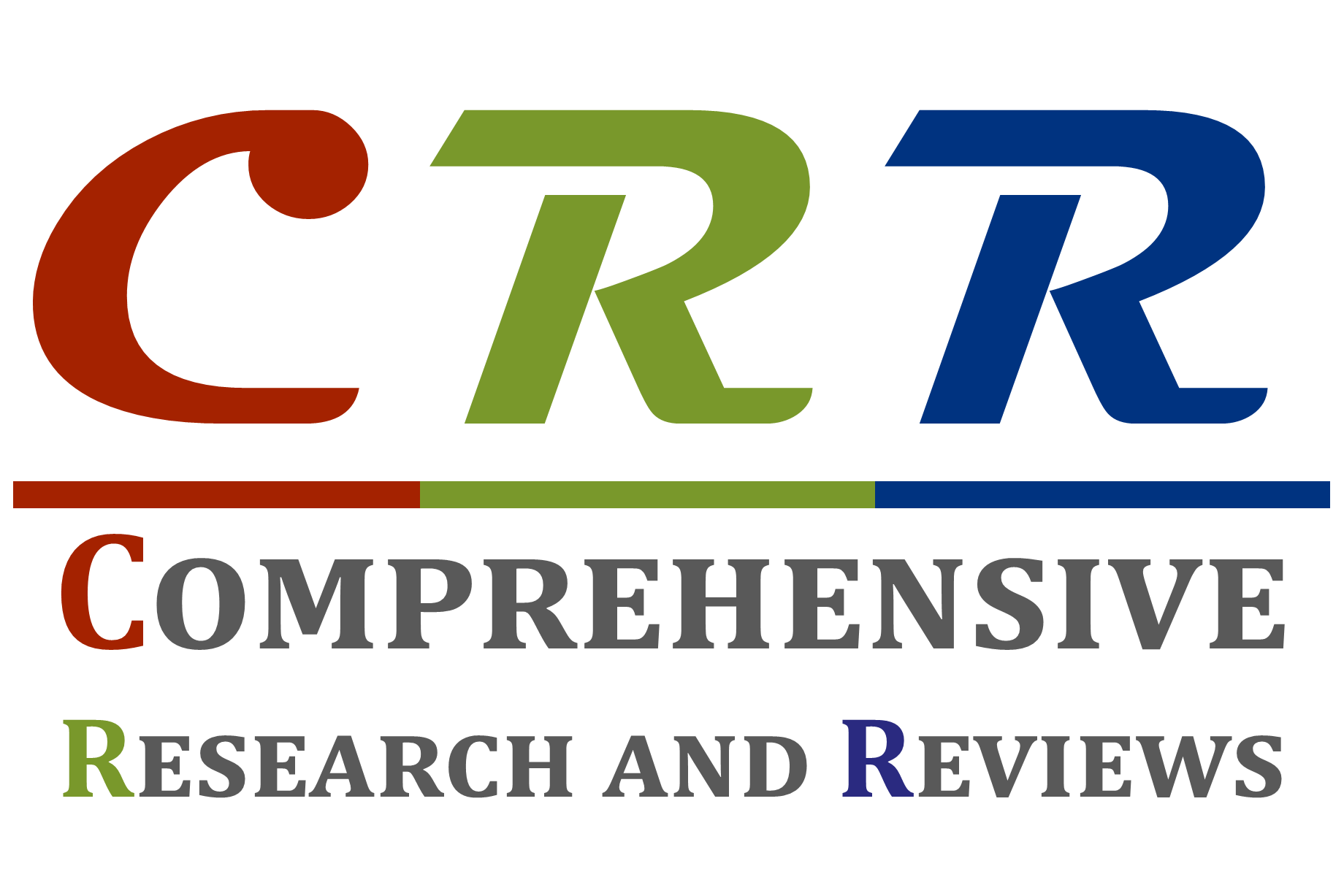Policy implications and economic incentives for sustainable supply chain practices in the food and FMCG Sectors
1 Independent Researcher, Port Harcourt Nigeria.
2 Ulster University, United Kingdom.
3 Department of Agricultural Economics, Ladoke Akintola University of Technology, Nigeria.
4 Labatt Breweries of Canada.
Review
Comprehensive Research and Reviews Journal, 2024, 02(01), 023–036.
Article DOI: 10.57219/crrj.2024.2.1.0027
Publication history:
Received on 03 August 2024; revised on 12 September 2024; accepted on 14 September 2024
Abstract:
The adoption of sustainable supply chain practices in the food and Fast-Moving Consumer Goods (FMCG) sectors is critical for mitigating environmental impacts, reducing waste, and fostering responsible resource management. This paper explores the policy implications and economic incentives designed to promote sustainability within these industries, focusing on regulatory frameworks, market-driven mechanisms, and industry-specific challenges. It highlights how government policies, including environmental regulations, tax incentives, and subsidies, can encourage businesses to adopt eco-friendly practices, such as reducing carbon footprints, optimizing transportation logistics, and improving packaging solutions. The study also examines economic incentives like green certifications, consumer demand for sustainable products, and the potential for cost savings through energy efficiency and waste reduction. Moreover, the paper discusses the role of international trade policies and agreements in shaping sustainable supply chains, particularly in emerging markets where infrastructure and regulatory enforcement may be weak. The research identifies the growing trend of companies integrating sustainability goals into their core strategies to enhance corporate reputation, meet investor expectations, and gain a competitive advantage. However, it also highlights the barriers to widespread adoption, including cost concerns, limited access to sustainable materials, and the complexity of supply chain networks. The findings suggest that a combination of well-structured policies, economic incentives, and public-private partnerships is essential for accelerating the transition to sustainable supply chains. Additionally, fostering collaboration among stakeholders—governments, businesses, and consumers—can help overcome the existing barriers. The paper concludes by recommending strategies for policymakers and industry leaders to align economic growth with environmental sustainability, ensuring long-term benefits for both the planet and the economy.
Keywords:
Sustainable Supply Chain; Food Sector; FMCG; Policy Implications; Economic Incentives; Environmental Regulations; Green Certifications; Corporate Sustainability; Public-Private Partnerships; Sustainable logistics.
Full text article in PDF:
Copyright information:
Copyright © 2024 Author(s) retain the copyright of this article. This article is published under the terms of the Creative Commons Attribution Liscense 4.0
